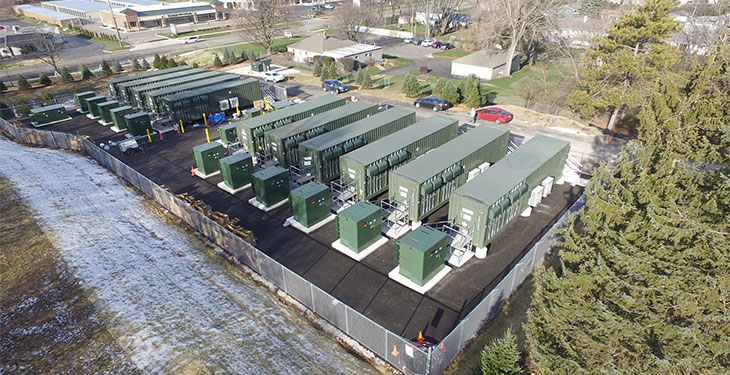The UK government’s head of smart energy has admitted that Brexit – Britain’s planned departure from the European Union – is causing delays in the passage of primary legislation to define energy storage, which may not be achieved until 2022.
Speaking at Utility Week Live event in Birmingham, England, Will Broad was providing an update on the progress of the Smart Systems and Flexibility Plan (SSFP), which was published in July 2017, outlining 29 actions to enable the future energy system of the UK, according to Energy Storage.
The plan is set about to amend the Electricity Act 1989 and other relevant legislation to explicitly define electricity storage as a distinct subset of generation. This was in opposition to many voices from industry that claimed energy storage should not be continually defined as a form of generation owing to its unique capabilities within the energy system.
Broad conceded that the vote to leave the European Union, and the associated legislative requirements, meant that time could not be secured within government to move forward on the issue. “We’re still seeking opportunities for parliamentary time to define storage in primary legislation and Brexit is making this difficult. But we still commit to do it this Parliament,” he said.
The original Call For Evidence in November 2016, which resulted in the actions outlined in the SSFP, made clear the industry’s appetite for a bespoke definition of energy storage. It was argued that the current generation class assigned to the technology has led to a series of barriers to deployment, such as double charging of final consumption levies at the time of both importing from and exporting electricity to the grid.
This has left developers clamouring for faster progress on the issue, with an audience member at recent event accusing Broad of using Brexit “as an excuse” for delays. In response, he said: “In terms of getting parliamentary time to do the last thing that we said we’d do in terms of regulatory clarity, which is to provide a definition of storage in primary legislation, we’ve signed up to doing this but it is difficult at this moment in time with so many bills going through parliament to make sure we get that one through.”
